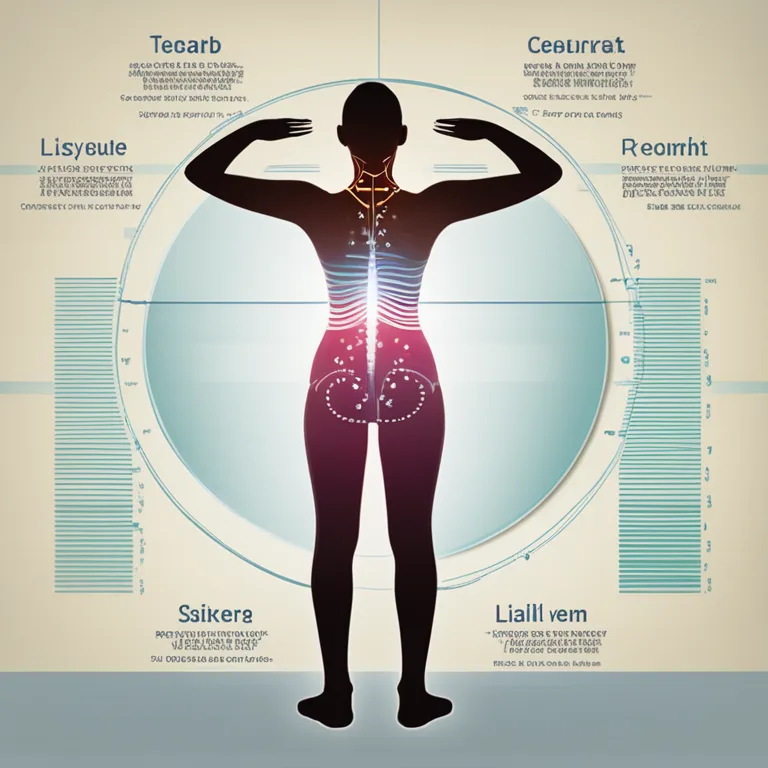
Guided Meditation Techniques for Everyday Tranquility
Discover practical guided meditation methods to cultivate peace and enhance your spiritual practice at our metaphysical hub.
article by Hina Kurosawa
A Prelude to Guided Meditation
Meditation has long been a foundation in the quest for serenity and self-discovery. Guided meditation, specifically, serves as a valuable tool for those both new and seasoned in their spiritual journey. By providing structure through spoken word, guided meditation paves a path of focus, aiding practitioners in the exploration of their inner landscape. An experienced guide can lead individuals through vivid visualizations, intentions and mantras, making the inscrutable realm of meditative silence more approachable.

Setting Your Space and Intention
Before delving into guided meditation, it's crucial to prepare a conducive environment. A quiet, comfortable spot free from interruptions forms an ideal setting. Personalizing the space with items that promote relaxation, such as candles or soothing decor, can enhance the experience. Ground your meditation with a clear intention, whether it's seeking clarity, tranquility, or emotional release. An intention acts as an anchor for your practice, offering direction and purpose as you navigate your consciousness.

Embracing the Body Scan Technique
One popular technique within guided meditation is the body scan, which promotes awareness and relaxation of every body part systematically. This method encourages a deep connection with the physical self, often starting at the toes and gradually moving upwards. The guide's gentle prompts direct focus, encouraging the release of tension. As this journey unfolds, practitioners report feelings of increased mindfulness and decreased stress, making the body scan a cherished staple in guided practice.

The Power of Breathwork
Another cornerstone of guided meditation is controlled breathwork. Deep, rhythmic breathing exercises are not only calming but also ground the practitioner in the present moment. These techniques, often introduced by the guide at the beginning and revisited throughout the session, serve as a lifeline back to focus when the mind wanders. Incorporating breath awareness ensures a stable and centered meditation foundation.

Visualization: A Journey Within
Visualization transforms guided meditation into an immersive inner adventure. Skilled guides describe scenarios and environments that invoke the senses, painting a mental picture for participants to step into. From serene beaches to mystical forests, vivid images facilitate deep relaxation and open the door to profound insights. Visualization offers an escape from mundane reality and propels the meditator to a tranquil state, only bound by the limits of imagination.
Mantra and Affirmations
Repetition of mantras or affirmations is another dimension of guided meditation. These spoken repetitions are powerful tools for reshaping thought patterns and reinforcing positive beliefs. A guide may offer a mantra aligned with the meditation's intention, which practitioners silently repeat to themselves, cultivating a single point of concentration. This practice not only increases focus but also fosters an environment for personal transformation.
Integration and Reflection
Concluding a session of guided meditation is as important as its commencement. A guide typically leads a period of gentle reflection, allowing participants to gradually transition back to ordinary consciousness. It is a time to integrate the insights gained and feelings experienced during the meditation. This process ensures that the peace and clarity achieved can resonate beyond the session and into daily life.
Published: 1/8/2024
Modified: 1/8/2024
More predictions
Come back here soon to learn more about yourself and your future


Mastering Japa Meditation Practices
Discover the serene art of Japa Meditation and elevate your spiritual journey through chanting and mindfulness.


Meditation Techniques: A Handbook
Discover the breadth of meditation methods to enhance your wellness journey.


Meditation: Finger Techniques Explored
Discover the art of finger meditation to harmonize body, mind, and spirit through ancient practices for modern wellness.